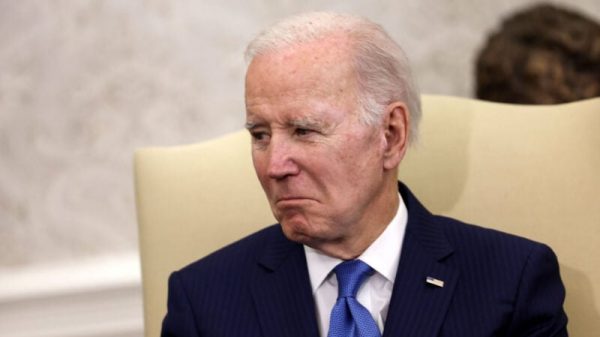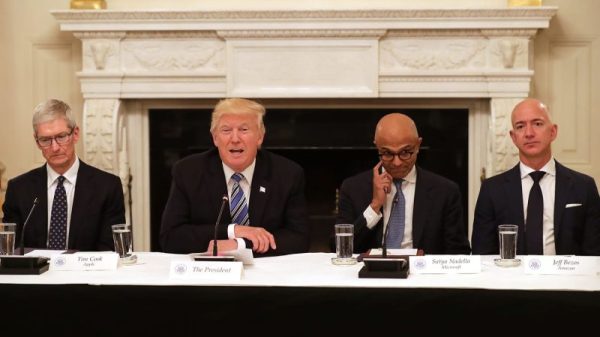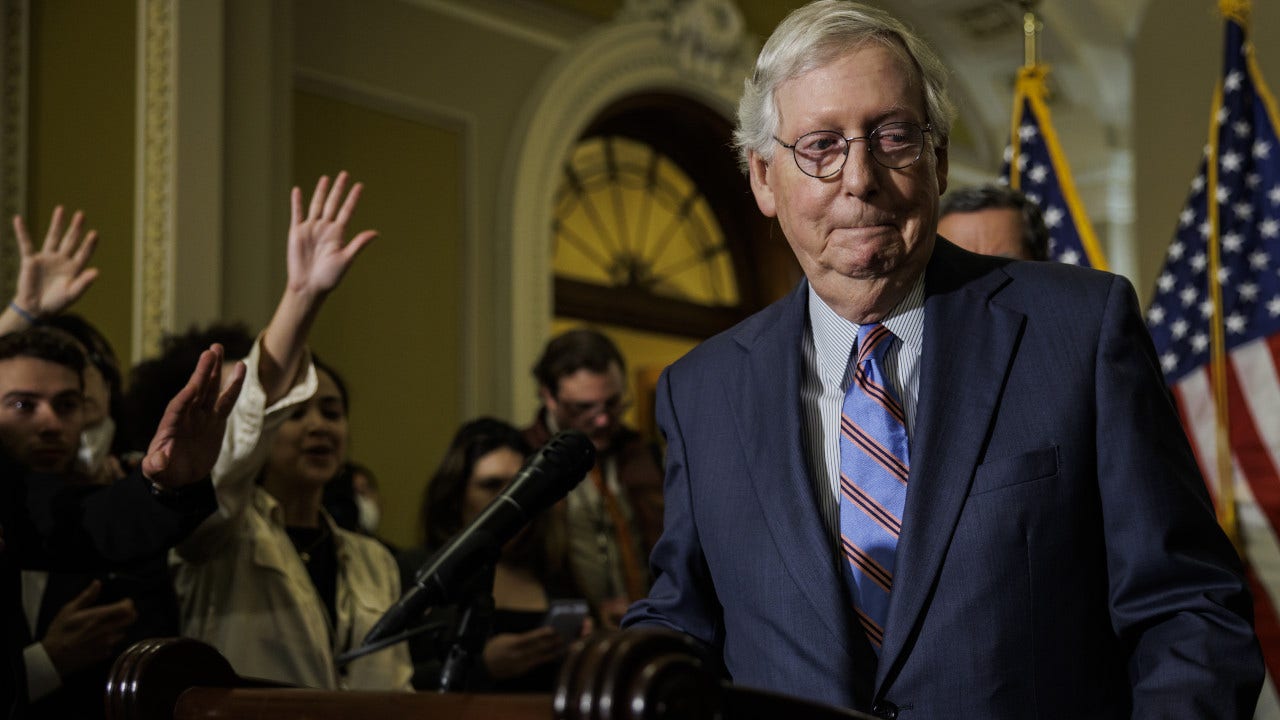Crucial Steps Ahead: Navigating the Complexities of Passing the Debt Ceiling Deal in Congress
Introduction:
As the nation grapples with its economic challenges, one crucial hurdle stands in the way of progress: passing the debt ceiling deal through Congress. This article delves into the intricacies of this process, shedding light on the steps that lie ahead and the potential implications for the nation’s financial stability.
1. Understanding the Debt Ceiling:
The debt ceiling refers to the maximum amount of money that the United States government can borrow to meet its financial obligations. It serves as a crucial safeguard to prevent excessive borrowing and maintain fiscal discipline. However, reaching the debt ceiling necessitates a delicate balance between meeting financial obligations and avoiding default.
2. The Hard Part Begins:
Now, the nation faces the daunting task of getting the debt ceiling deal through Congress. This process involves navigating the complex web of political dynamics, partisan interests, and economic considerations. It requires bipartisan cooperation and a shared commitment to the nation’s financial well-being.
3. Political Implications:
Passing the debt ceiling deal is not merely an economic matter; it carries significant political implications. The outcome of this process can shape public perception of the government’s ability to manage finances responsibly. It can also impact the credibility of political leaders and their parties, potentially influencing future elections.
4. Bipartisan Cooperation:
To successfully pass the debt ceiling deal, bipartisan cooperation is essential. Both Democrats and Republicans must find common ground and work towards a mutually agreeable solution. This requires setting aside ideological differences and prioritizing the nation’s economic stability over political gains.
5. Public Engagement:
Engaging the public in the debt ceiling debate is crucial. Educating citizens about the implications of reaching the debt ceiling and the potential consequences of inaction can foster a sense of urgency and encourage public support for a swift resolution. Transparency and open dialogue can help build trust and ensure that the public’s concerns are heard.
6. Economic Consequences:
Failing to pass the debt ceiling deal can have severe economic consequences. It can lead to a downgrade in the nation’s credit rating, increased borrowing costs, and a loss of investor confidence. These repercussions can ripple through the economy, affecting businesses, individuals, and the overall financial stability of the nation.
7. The Role of Leadership:
Leadership plays a pivotal role in shepherding the debt ceiling deal through Congress. It requires strong, decisive leadership that can rally support, bridge divides, and navigate the complexities of the legislative process. Effective communication and negotiation skills are paramount in achieving a successful outcome.
Conclusion:
Passing the debt ceiling deal through Congress is a critical step towards ensuring the nation’s financial stability. It requires bipartisan cooperation, public engagement, and effective leadership. As the hard part begins, the nation must come together, setting aside political differences, and prioritize the long-term economic well-being of the United States. Only through collective effort can we navigate the complexities ahead and secure a brighter financial future for all.



























